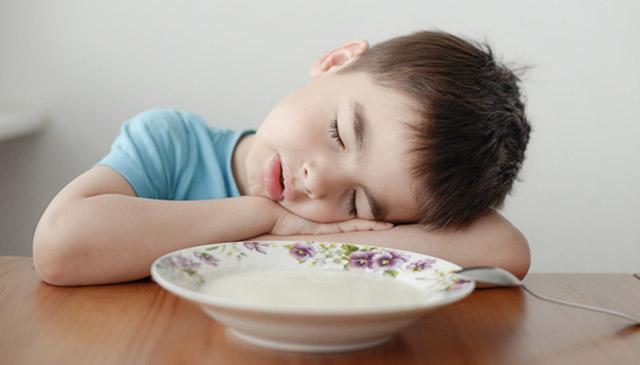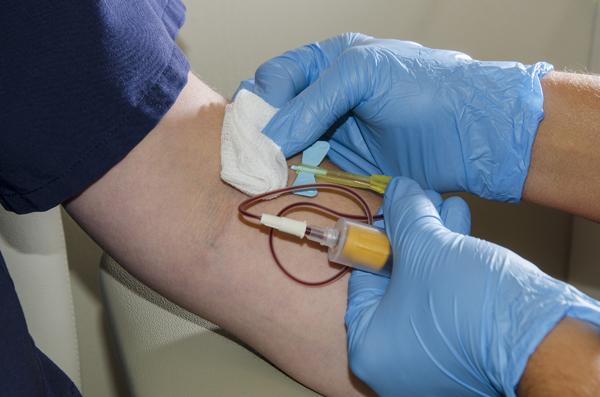You are here
Lack of sleep tied to higher risk of diabetes in kids
By Reuters - Aug 19,2017 - Last updated at Aug 19,2017

Photo courtesy of thealternativedaily.com
Children who do not get enough sleep may be more likely to develop diabetes than kids who typically get enough shuteye, a UK study suggests.
That is because each additional hour of sleep children get at night is associated with a lower body weight, more lean muscle mass and less accumulation of sugars in the blood, researchers report in Paediatrics. Obesity and elevated blood sugar are risk factors for type 2 diabetes, which happens when the body cannot properly use or make enough of the hormone insulin to convert blood sugar into energy.
“These findings suggest increasing sleep duration could offer a simple, cost-effective approach to reducing levels of body fat and type 2 diabetes risk early in life,” senior study author Christopher Owen of St George’s, University of London, said by e-mail.
Type 2 diabetes used to be called adult-onset diabetes because it was so rare in children. But today, it is a common childhood health problem, in large part because millions of kids worldwide are overweight or obese, do not get enough exercise, and eat too many sugary and fatty foods.
For the current study, researchers examined survey data on sleep habits and lab results from tests of risk factors for diabetes in 4,525 UK children age 9 or 10.
On average, the kids slept 10.5 hours on school nights, although sleep duration ranged from 8 to 12 hours.
Children who got less sleep in the study were more likely to have a risk factor for diabetes known as insulin resistance, when the body does not respond normally to the hormone.
Kids who slept less were also more likely to be extremely overweight or obese and have more body fat, the study also found.
Kids 6 to 12 years old should get 9 to 12 hours of sleep a night, according to the American Academy of Paediatrics. Not getting enough sleep is associated with an increased risk of injuries, high blood pressure, obesity and depression.
The study was not a controlled experiment designed to prove whether or how insufficient sleep might lead to diabetes in children. Researchers also relied on kids to accurately recall and report what time they went to bed and woke up, which might not accurately reflect how much sleep they really got.
Even so, it’s possible that insufficient sleep might negatively impact children’s appetites and ability to regulate blood sugar, said Stacey Simon, a paediatric sleep psychologist at the University of Colorado Anschutz Medical Campus and Children’s Hospital Colorado.
“When kids are going to bed very late or sleeping on an irregular schedule, they may also be skipping meals, eating at irregular times, or be less likely to exercise during the day,” Simon, who was not involved in the study, said by email.
Insufficient sleep can affect levels of hormones that control appetite, making kids hungrier and increasing cravings for sweet and salty snacks, said James Gangwisch, a psychiatry researcher at Columbia University in New York who wasn’t involved in the study.
“Getting enough sleep helps keep our appetite in check and is protective against insulin resistance,” Gangwisch said by e-mail.
Beyond making sure kids have regular bedtime, parents should also focus on what is known as sleep hygiene, said Femke Rutters of the VU University Medical Centre in Amsterdam.
This can include things like limiting screen time before bed and making sure the bedroom is totally dark at night, Rutters, who was not involved in the study, said by e-mail.
Related Articles
Adolescents who do not get enough sleep may be more likely to develop risk factors for heart disease like high blood pressure and excess bod
NEW YORK – Getting too little sleep during the week can increase some risk factors for diabetes, but sleeping late on weekends might help im
Children who do not get enough sleep may be more likely to become overweight or obese than kids who typically get enough rest, a Danish stud

















